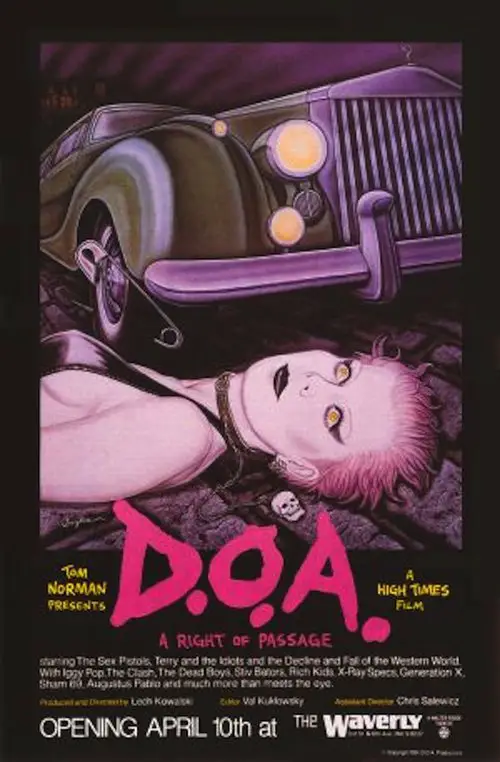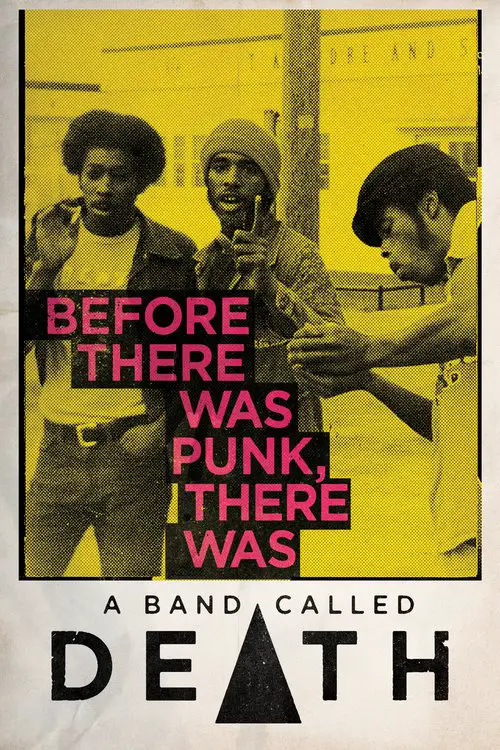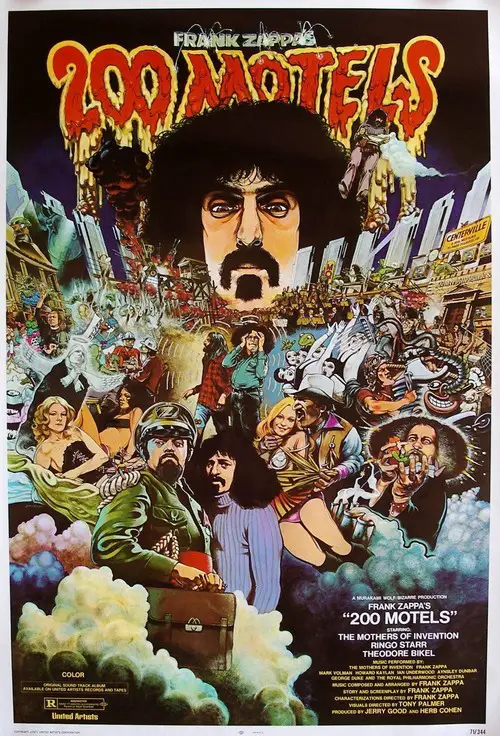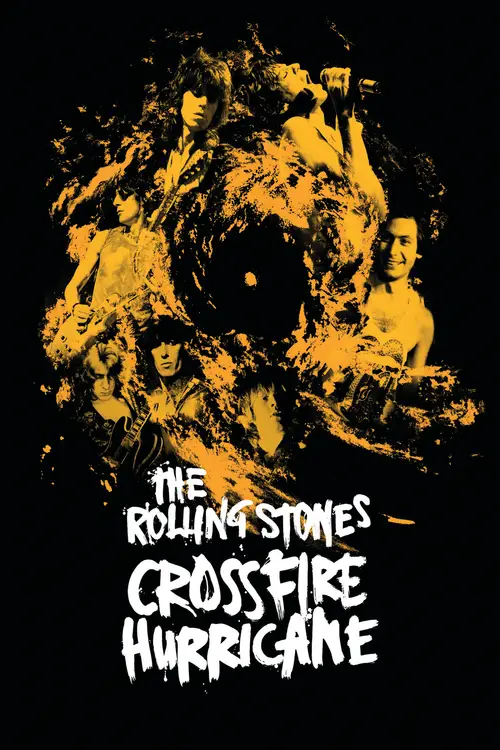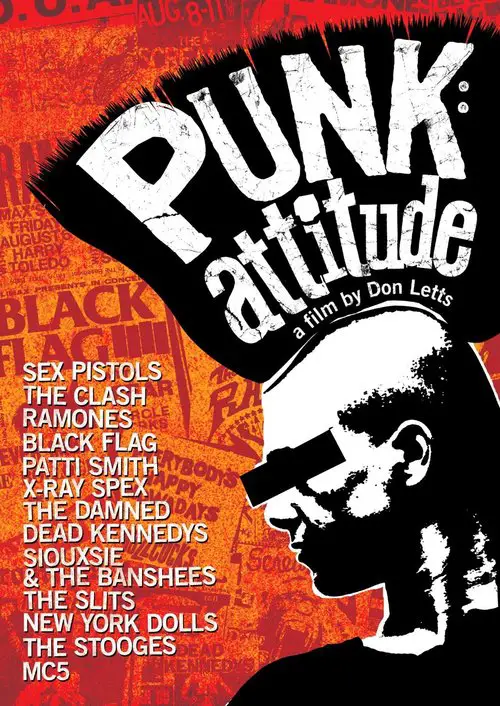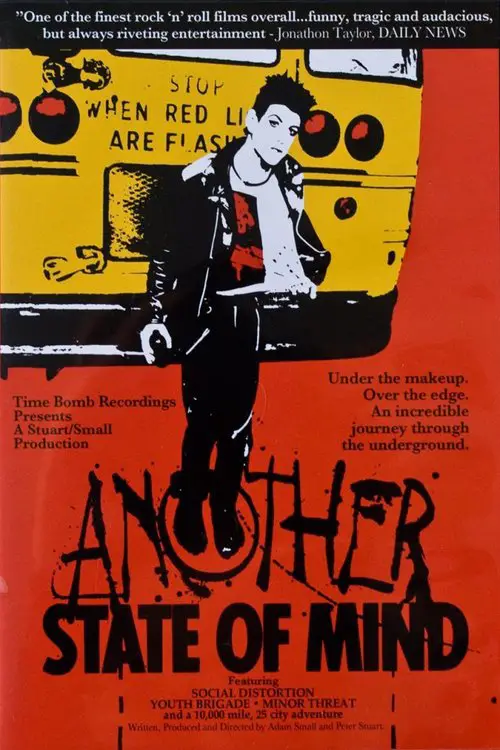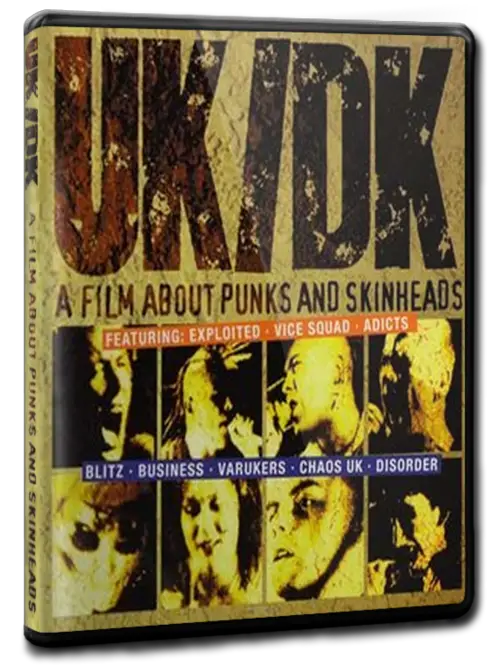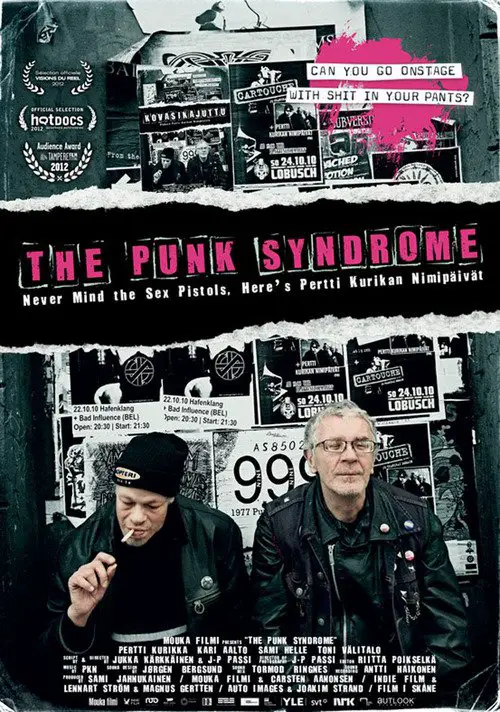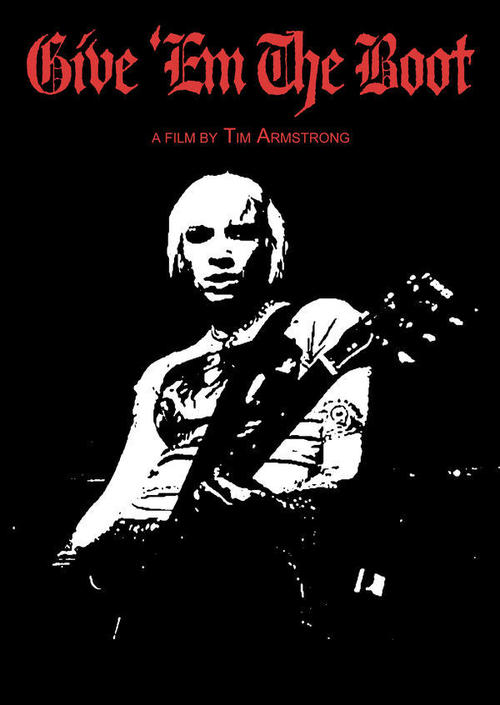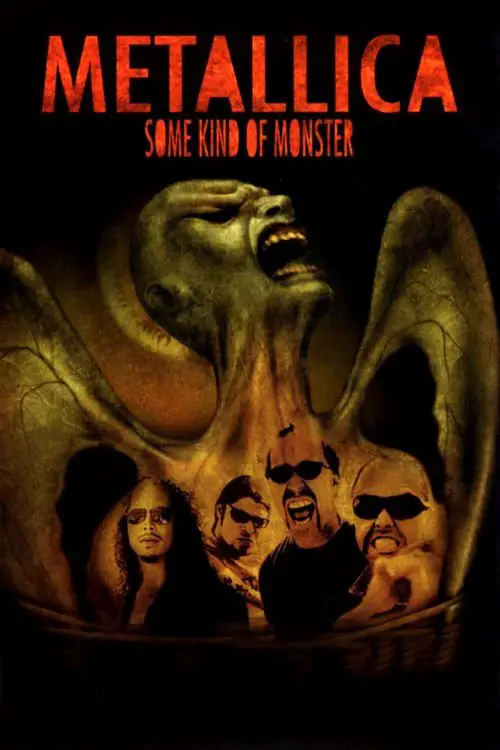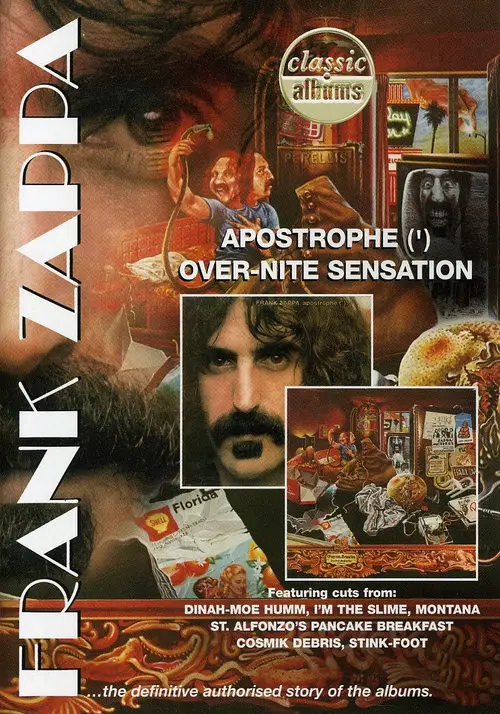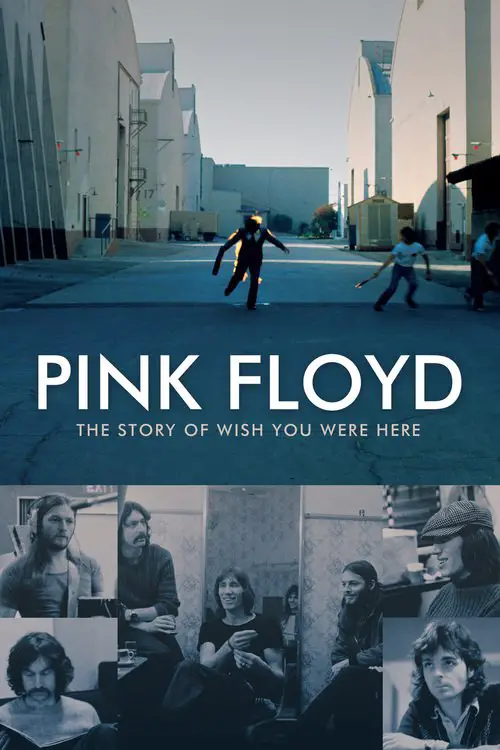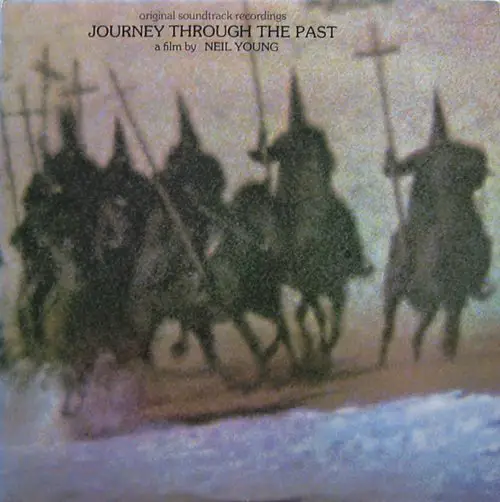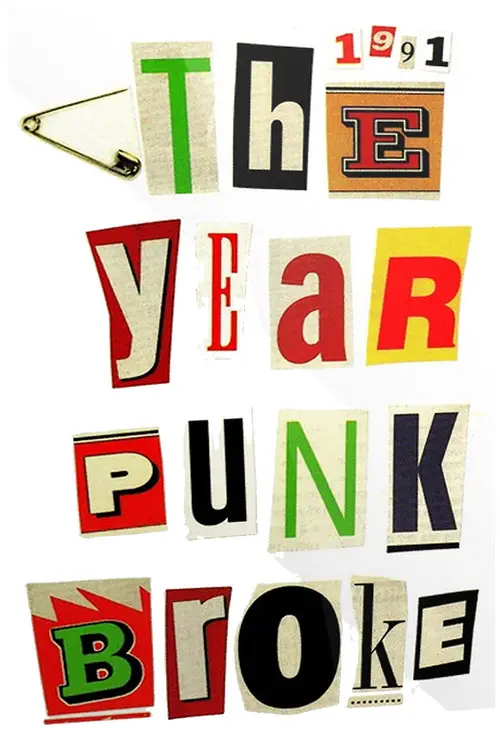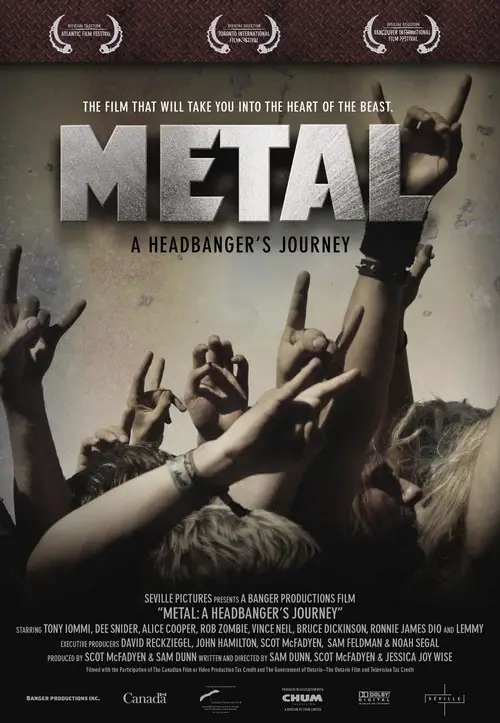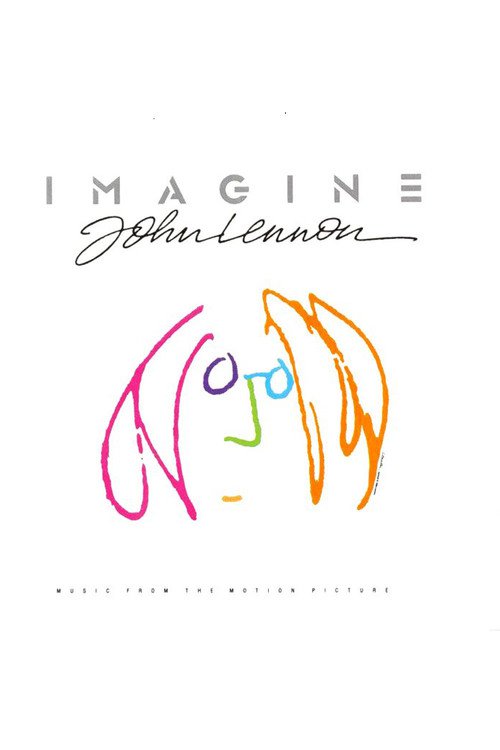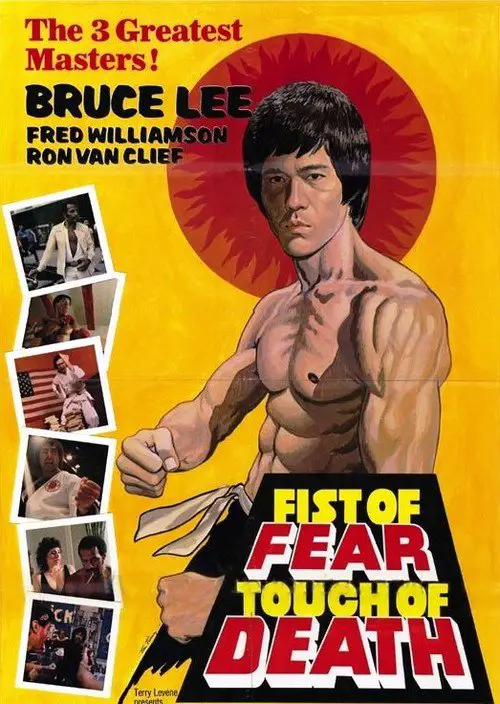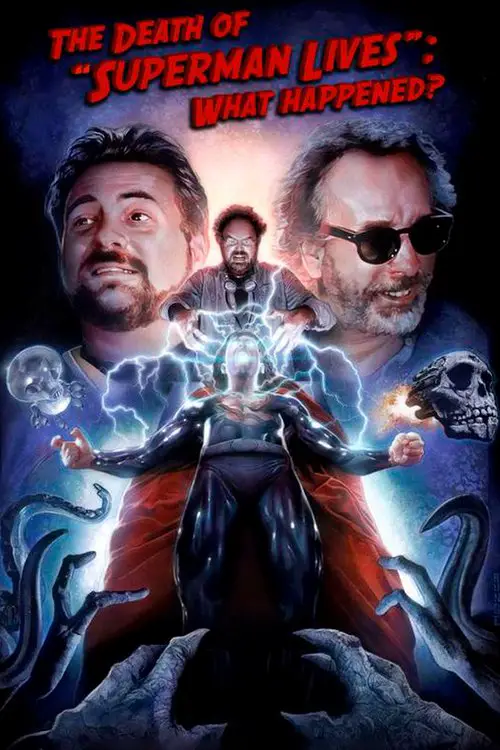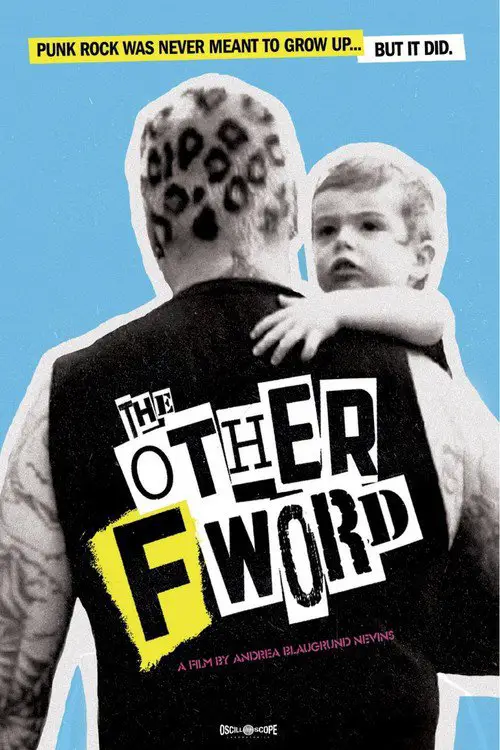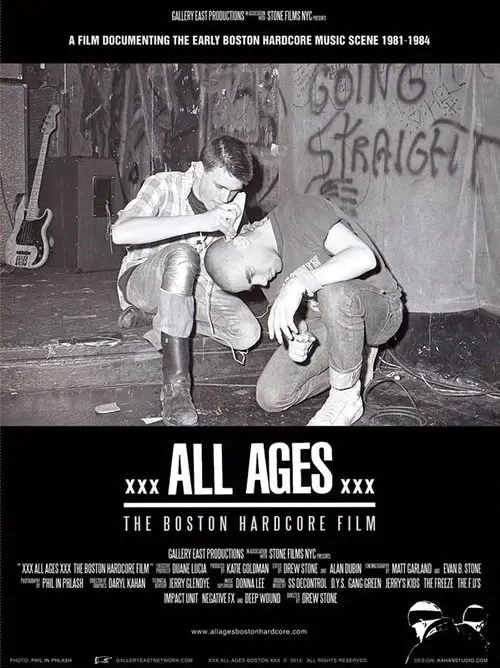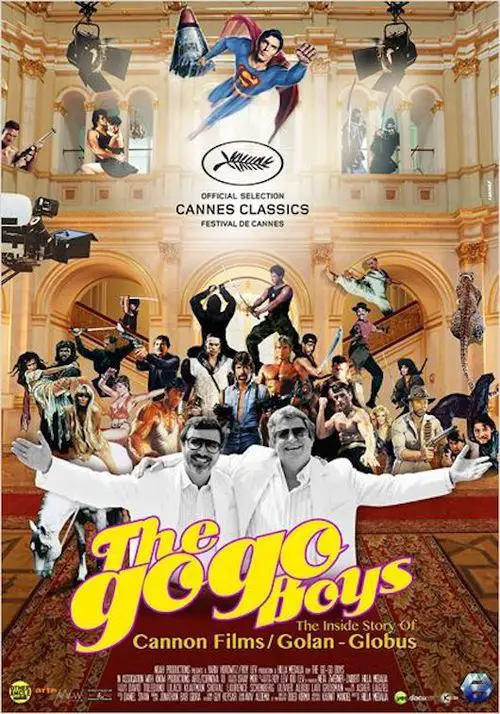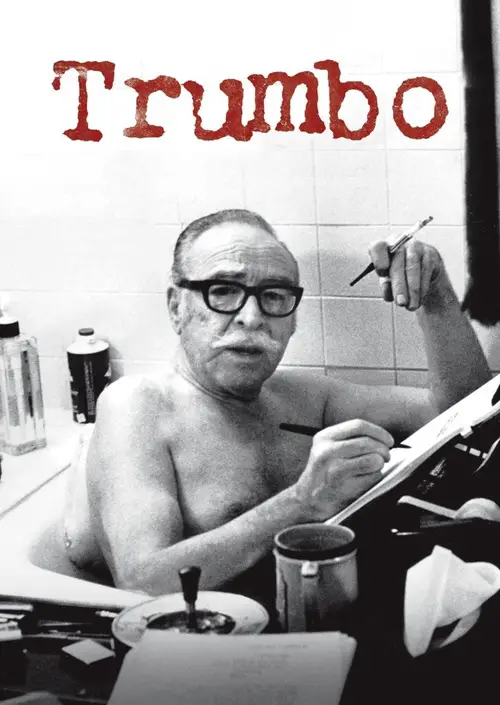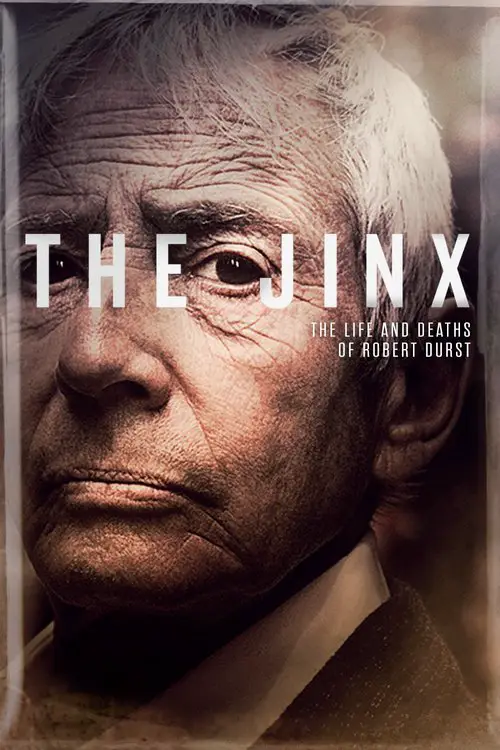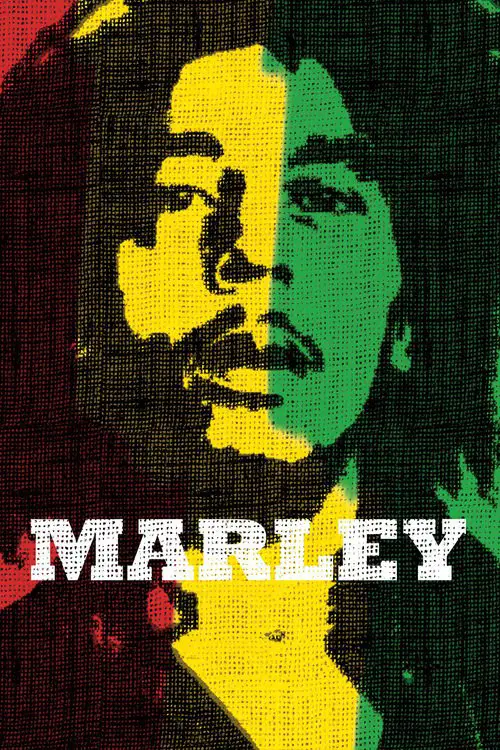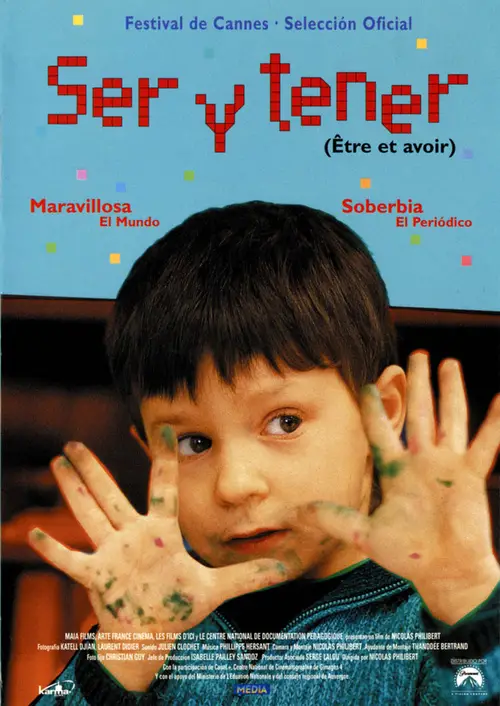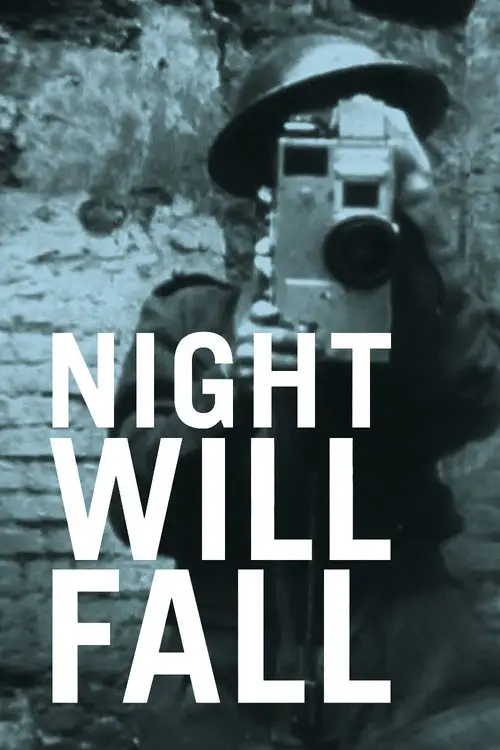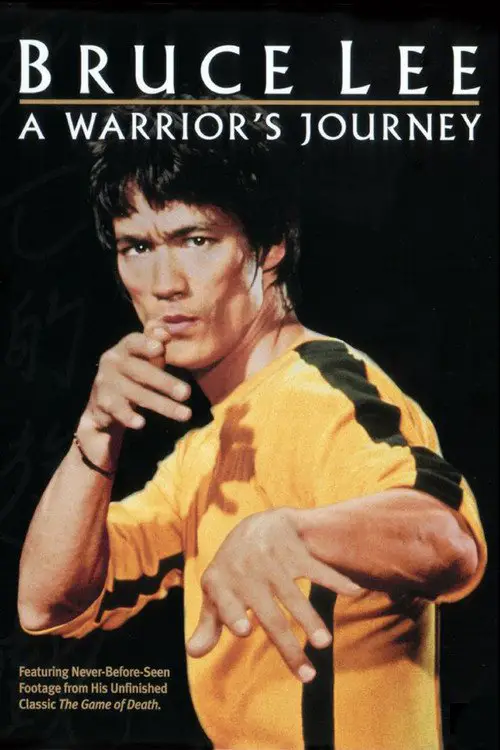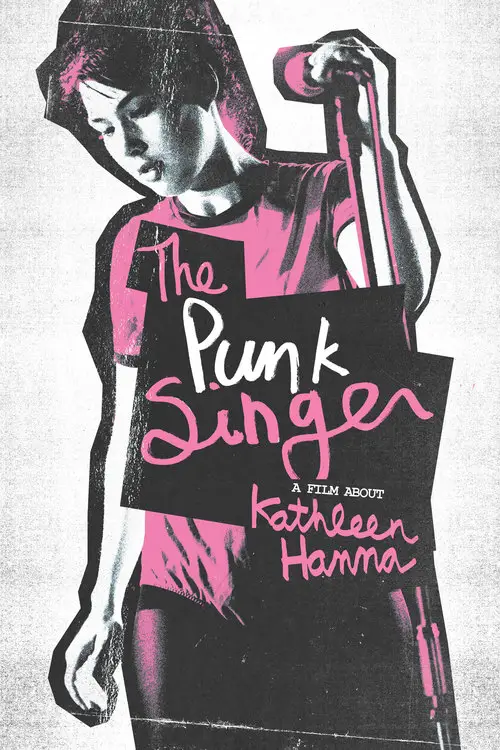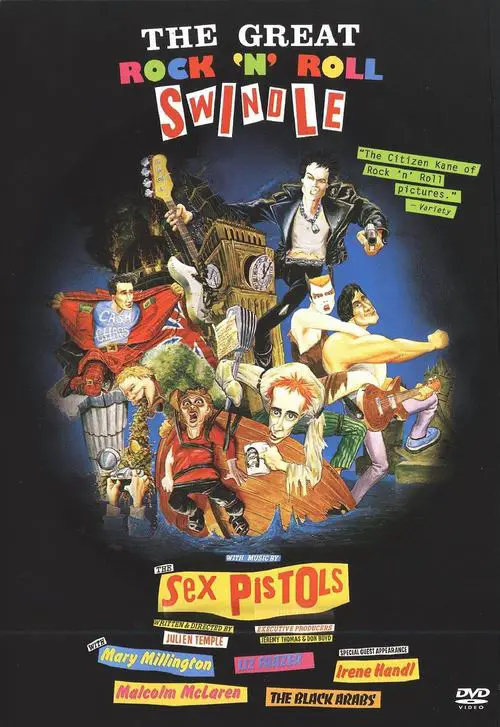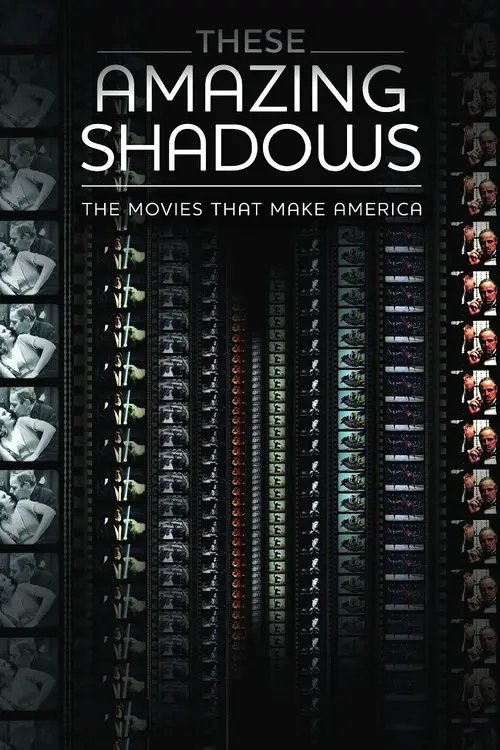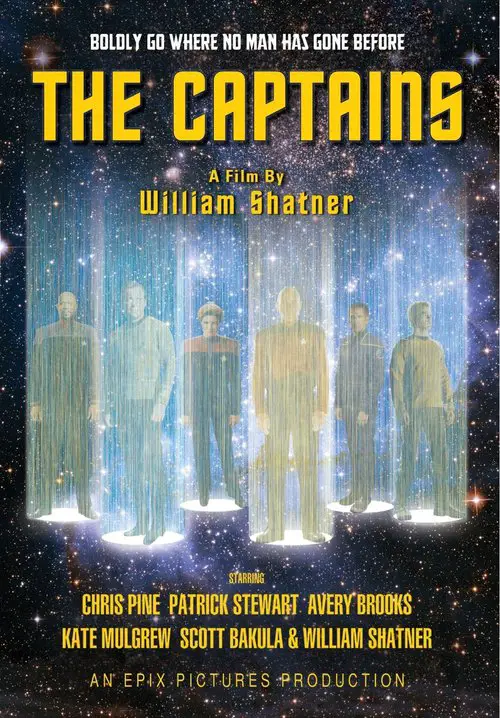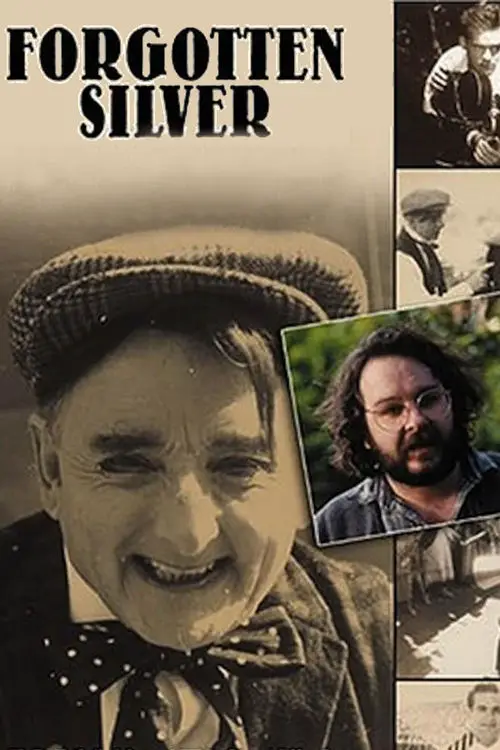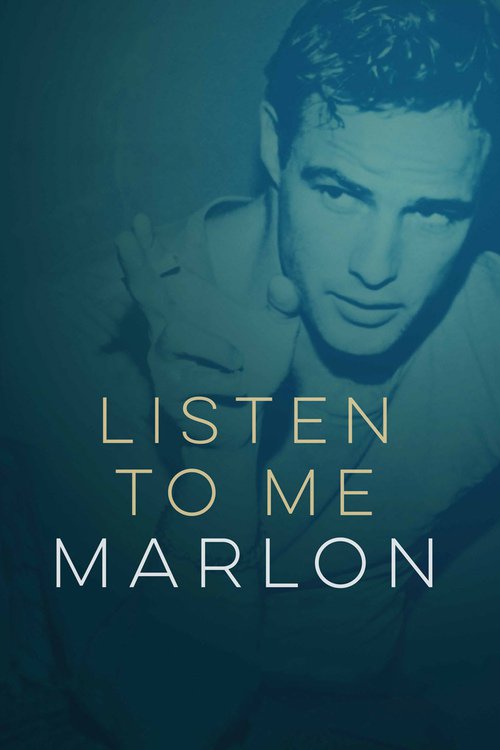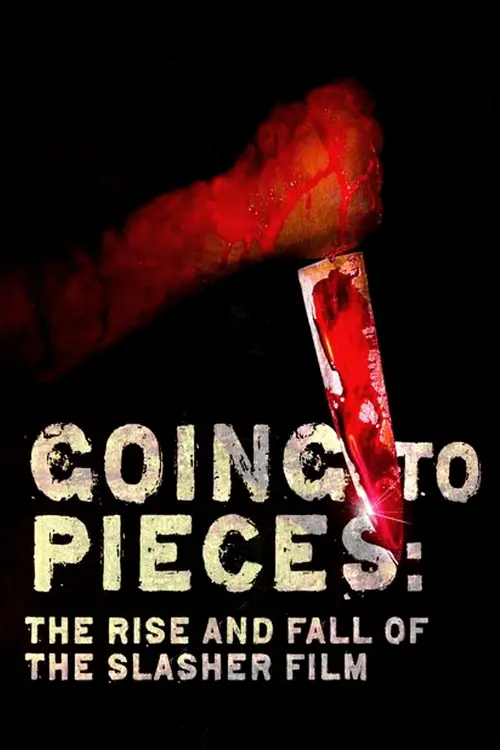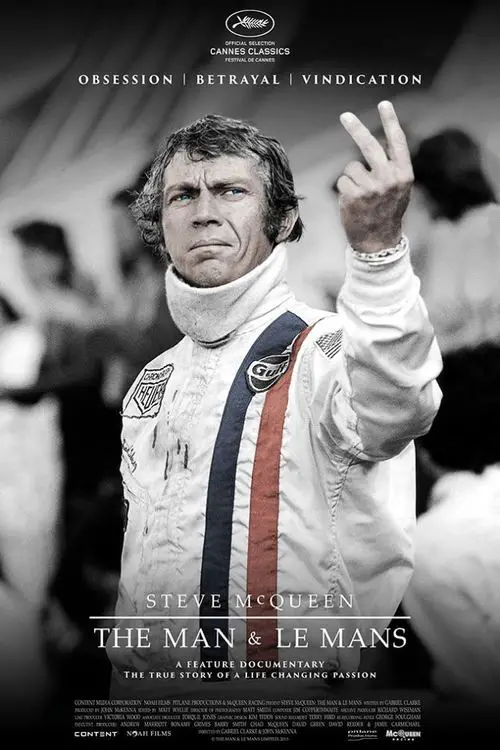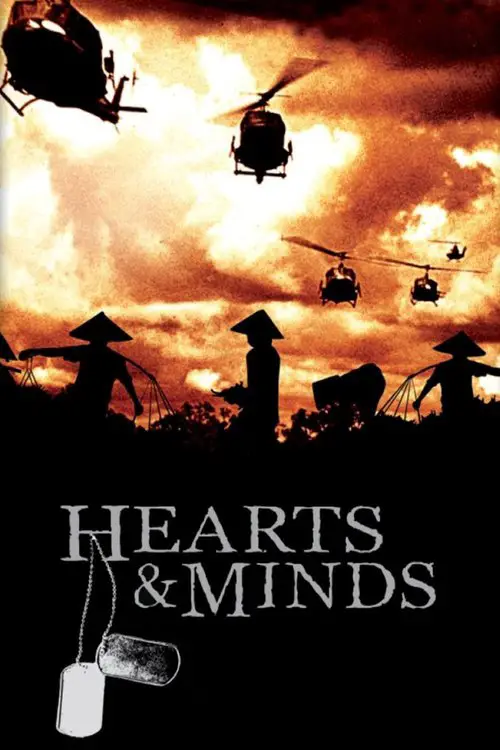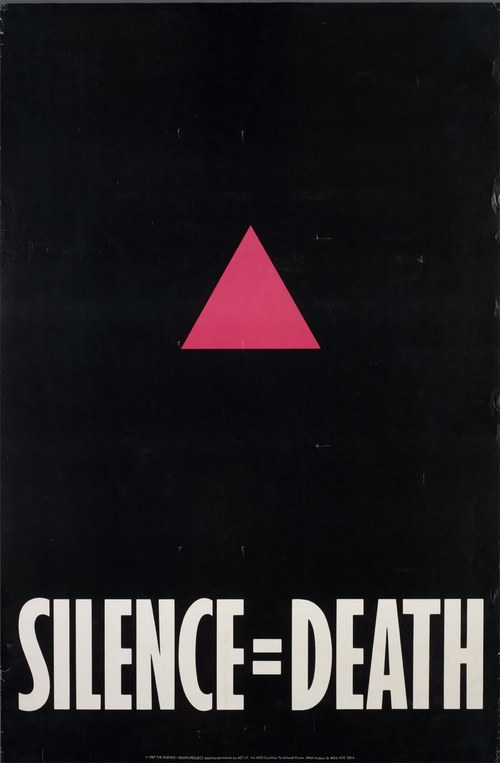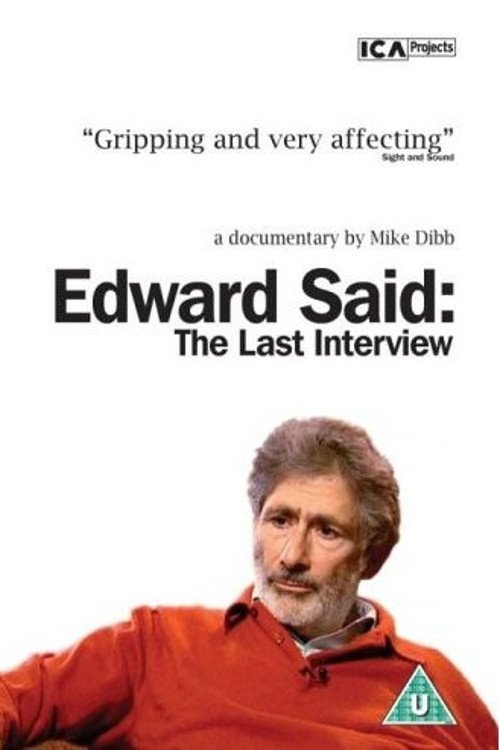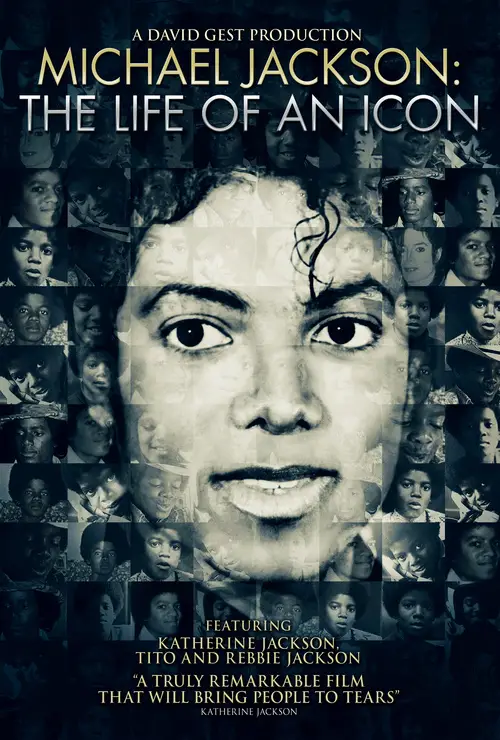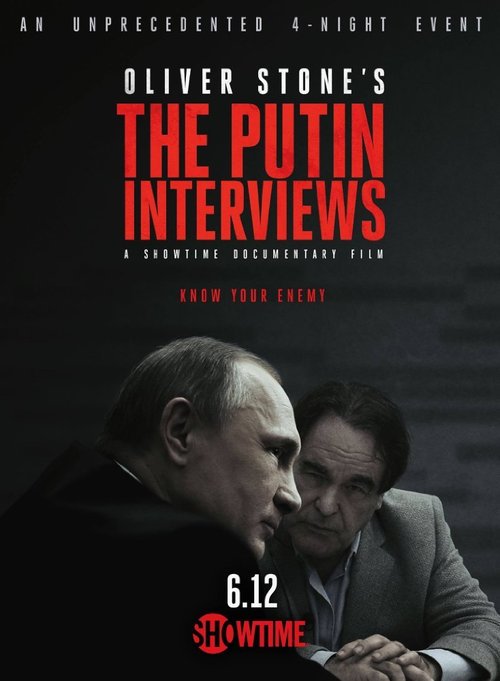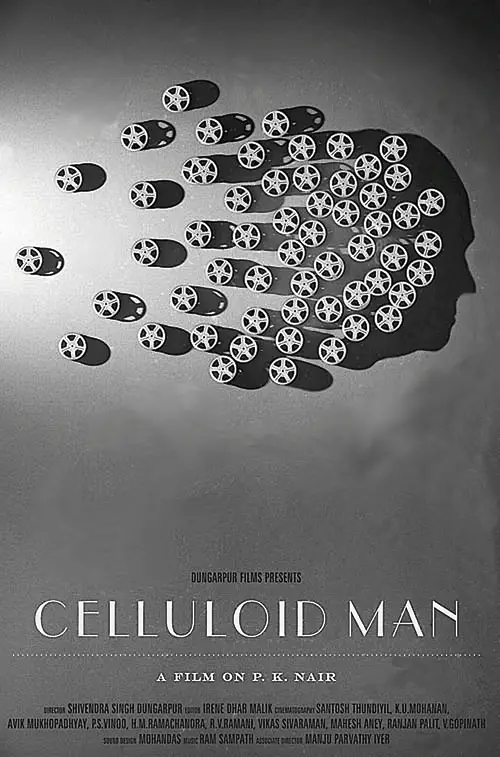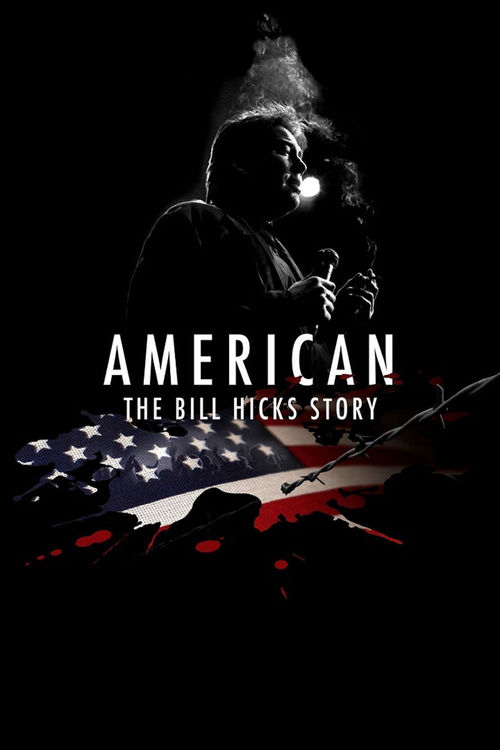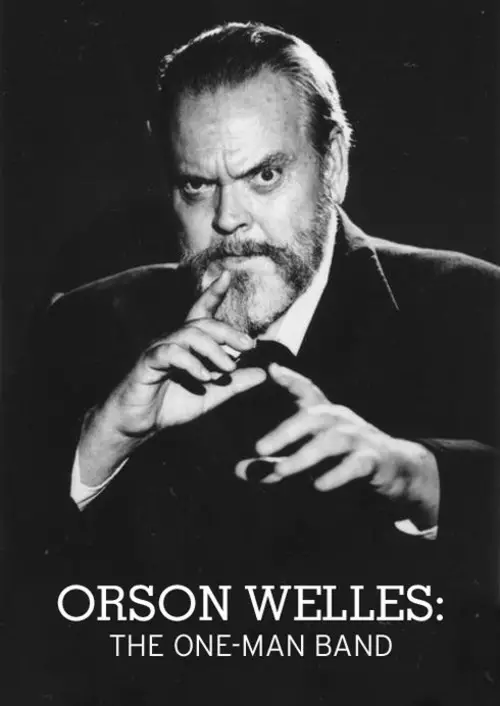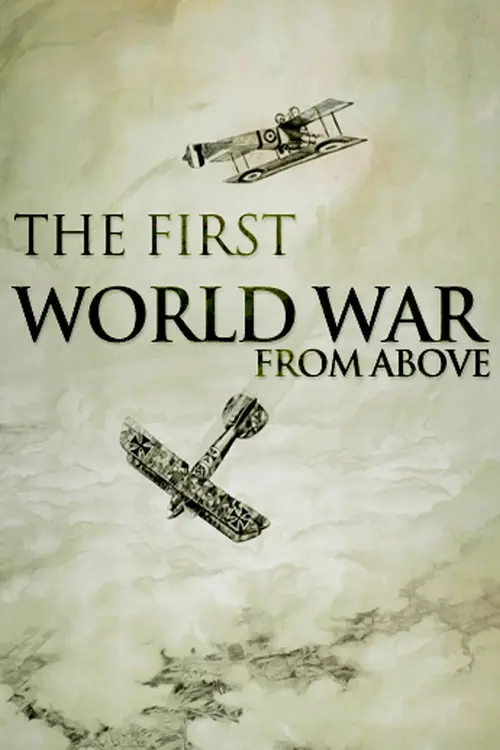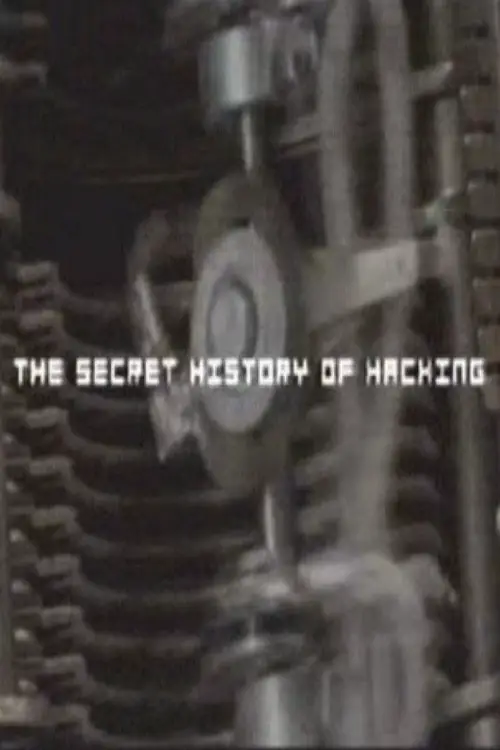One Nine Nine Four (2009)
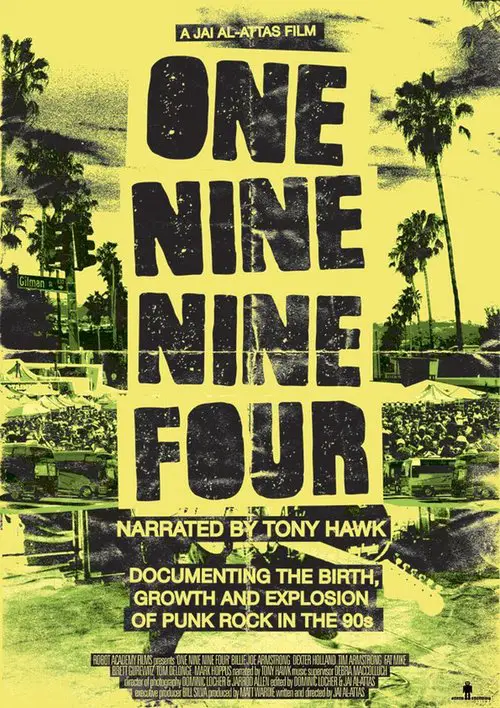
Similar movies
Before Bad Brains, the Sex Pistols or even the Ramones, there was Death. Formed in the early '70s by three teenage brothers from Detroit, Death is credited as being the first black punk band, and the Hackney brothers, David, Bobby, and Dannis, are now considered pioneers in their field. But it wasnât until recently â when a dusty 1974 demo tape made its way out of Bobbyâs attic nearly 30 years after Deathâs heyday â that anyone outside a small group of punk enthusiasts had even heard of them.
"Touring makes you crazy," Frank Zappa says, explaining that the idea for this film came to him while the Mothers of Invention were touring. The story, interspersed with performances by the Mothers and the Royal Symphony Orchestra, is a tale of life on the road. The band members' main concerns are the search for groupies and the desire to get paid.
This flick interviews up and coming glam bands who made their home in the L.A. scene. Also interviewed are some of the genre's idols including Kiss, Aerosmith, Alice Cooper, Poison, Megadeth, Lemmy from Motorhead and of course, Ozzy. Also, spotlighted performances from bands such as Faster Pussycat, Odin, London (Nikki Sixx's old band), Seduce and Megadeth. The movie's range of topics include groupies, alcoholism, drugs, the glam image and why it attracted so many people from many walks of life. The movie's funniest (and saddest) segment includes filmmaker Penelope Spheeris's attempt to interview a W.A.S.P. guitarist in his pool, drunk as a skunk and with his MOM sitting right there!
This film is released as part of the ongoing 50th anniversary celebration of the Rolling Stones. It tells the story of the Stones' unparalleled journey from blues obsessed teens in the early 60s to their undisputed status as rock royalty. All of the Stones have been newly interviewed and their words form the narrative arc that links together archive footage of performances, news coverage, and interviews, much of it previously unseen. Taking its title from a lyric in "Jumpin' Jack Flash," this film gives the viewer an intimate insight into exactly what it's like to be part of the Rolling Stones as they overcome denunciation, drugs, dissensions, and death to become the definitive survivors. Over a year in the making and produced with the full cooperation and involvement of the Stones, this film is and will remain the definitive story of the world's greatest rock 'n' roll band
Inspired by Steven Blush's book "American Hardcore: A tribal history" Paul Rachman's feature documentary debut is a chronicle of the underground hardcore punk years from 1979 to 1986. Interviews and rare live footage from artists such as Black Flag, Bad Brains, Minor Threat, SS Decontrol and the Dead Kennedys.
On the edge of the 30th anniversary of punk rock, Punk's Not Dead takes you into the sweaty underground clubs, backyard parties, recording studios, and yes, shopping malls and stadium shows where punk rock music and culture continue to thrive. Thirty years after bands like the Ramones and the Sex Pistols infamously shocked the system with their hard, fast, status-quo-killing rock, the longest-running punk band in history is drawing bigger crowds than ever, "pop-punk" bands have found success on MTV, and kids too young to drive are forming bands that carry the torch for punk's raw, immediate sound. Meanwhile, "punk" has become a marketing concept to sell everything from cars to vodka, and dyed hair and piercings mark a rite of passage for thousands of kids.
Julien Temple's second documentary profiling punk rock pioneers the Sex Pistols is an enlightening, entertaining trip back to a time when the punk movement was just discovering itself. Featuring archival footage, never-before-seen performances, rehearsals, and recording sessions as well as interviews with group members who lived to tell the tale--including the one and only John Lydon (aka Johnny Rotten).
Another State of Mind is a documentary film made in the summer of 1982 chronicling the adventure (and misadventure) of two punk bands â Social Distortion and Youth Brigade â as they embark on their first international tour. Along the way they meet up with another progressive punk band, Minor Threat, whom they hang out with at the Dischord house for about a week near the end of their ill-fated tour.
Featuring interviews, live concert footage, and a feature on how punk was transformed from a trend to a way of life, UK/DK is a comprehensive look at the skinhead/punk movement. Some of the most notorious bands on the scene are featured, including The Exploited, The Vice Squad, The Adicts and many more.
The Punk Syndrome is a film about Finlandâs most kick-ass punk rock band, Pertti Kurikan Nimipäivät. The band members, Pertti, Kari, Toni and Sami, are mentally handicapped and they play their music with a lot of attitude and pride. We follow these professional musicians on their journey from obscurity to popularity. We watch them fight, fall in love and experience strong emotions. We witness long days in the recording studio and on tour. They laugh, cry, drink and fight over who gets to sit in the front on the tour bus. Then itâs time to make up and go talk to people in the audience and tell them how great their band is.
At 14, best friends Robb Reiner and Lips made a pact to rock together forever. Their band, Anvil, hailed as the "demi-gods of Canadian metal, " influenced a musical generation that includes Metallica, Slayer, and Anthrax,. Following a calamitous European tour, Lips and Robb, now in their fifties, set off to record their 13th album in one last attempt to fulfill their boyhood dreams
Featuring eighty-two minutes of extremely rare, never-before-seen international concert performance footage of bands such as Rancid, Joe Strummer and the Mescaleros, Dropkick Murphys, The Slackers, Roger Miret and the Disasters and Tiger Army - to name just a few, the GIVE 'EM THE BOOT DVD is a gritty look into the underworld of Hellcat Records through the eyes of founder Tim Armstrong and a hoard of his Hellcat family members! Highlights include performances and extra footage from tours such as the Rancid/ NOFX tour, the first Lars Frederiksen And The Bastards tour, various headline tours and both Hellcat Recordsâ Punks VS. Psychos Tours.
Meeting People Is Easy takes place during the promotion of Radiohead's 1997 release OK Computer, containing a collage of video clips, sound bites, and dialogue going behind the scenes with the band on their world tour, showing the eventual burn-out of the group as the world tour progresses. The inaugural show of the OK Computer tour began on 22 May 1997 in Barcelona, Spain.
This episode focuses on Zappa's early 70s albums, Overnight Sensation (1973) and Apostrophy (') (1974). Together they encapsulate Zappa's extraordinary musical diversity and were also the 2 most commercially successful albums that he released in his prolific career. Included are interviews, musical demonstrations, rare archive & home movie footage, plus live performances to tell the story behind the conception and recording of these groundbreaking albums. Extras include additional interviews and demonstrations not included in the broadcast version, 2 full performances from the Roxy in 1973 and Saturday Night Live in 1976, and new full live performance done specially for these Classic Albums.
Wish You Were Here, released in September 1975, was the follow up album to the globally successful The Dark Side Of The Moon and is cited by many fans, as well as band members Richard Wright and David Gilmour, as their favorite Pink Floyd album. On release it went straight to Number One in both the UK and the US and topped the charts in many other countries around the world. This program tells the story of the making of this landmark release through new interviews with Roger Waters, David Gilmour and Nick Mason and archive interviews with the late Richard Wright. Also featured are sleeve designer Storm Thorgerson, guest vocalist Roy Harper, front cover burning man Ronnie Rondell and others involved in the creation of the album. In addition, original recording engineer Brian Humphries revisits the master tapes at Abbey Road Studios to illustrate aspects of the songs construction.
Journey Through the Past is a 1972 film by Neil Young. Originally shot in 16mm format and then transferred for theatrical release the experimental film is a self-directed combination of concert footage from 1966 onward, backstage footage and semi-fantastic art film-like sequences. Although Journey Through the Past was Young's film debut it was received poorly by critics. The film was released on DVD in 2009 with the Neil Young Archives.
Shot from 1987 through 1998 on super 8, 16mm and video, Instrument is composed mainly of footage of concerts, interviews with the band members, practices, tours and time spent in the studio recording their 1995 album, Red Medicine. The film also includes portraits of fans as well as interviews with them at various Fugazi shows around the United States throughout the years.
The film discusses the traits and originators of some of metal's many subgenres, including the New Wave of British Heavy Metal, power metal, Nu metal, glam metal, thrash metal, black metal, and death metal. Dunn uses a family-tree-type flowchart to document some of the most popular metal subgenres. The film also explores various aspects of heavy metal culture.
John Lennon, David Bowie, Julian Lennon, and Yoko Ono Lennon are featured in this portrait of the life of musician John Lennon. A documentary about former Beatle John Lennon, narrated by Lennon himself, with extensive material from Yoko Ono's personal collection. This feature-film biography of the legendary rock musician includes previously unseen footage from Lennon's private archives, as well as interviews with his first wife Cynthia, second wife Yoko Ono and sons Julian and Sean. Narrated in Lennon's own voice, IMAGINE was taken from the 240 hours of personal film and video from the star's private collection. Directed by Andrew Solt (who is also responsible for the rockumentary THIS IS ELVIS,) this unique film gives fan a look at the enigmatic, innovative, and often changing pop revolutionary that is unavailable anywhere else.
The Death of 'Superman Lives': What Happened? feature film documents the process of development of the ill fated "Superman Lives" movie, that was to be directed by Tim Burton and star Nicolas Cage as the man of steel himself, Superman. The project went through years of development before the plug was pulled, and this documentary interviews the major players: Kevin Smith, Tim Burton, Jon Peters, Dan Gilroy, Colleen Atwood, Lorenzo di Bonaventura and many many more.
What happens when a generation's ultimate anti-authoritarians â punk rockers â become society's ultimate authorities â dad's? With a large chorus of Punk Rock's leading men â Blink-182's Mark Hoppus, Red Hot Chili Peppers' Flea, Rise Against's Tim McIlrath â The Other F Word follows Jim Lindberg, 20-year veteran of skate punk band, Pennywise, on his hysterical and moving journey from belting his band's anthem, 'Fuck Authority', to embracing his ultimately pivotal authoritarian role in mid-life, fatherhood.
The Age of Stupid is the new movie from Director Franny Armstrong (McLibel) and producer John Battsek (One Day In September). Pete Postlethwaite stars as a man living alone in the devastated future world of 2055, looking at old footage from 2008 and asking: why didnât we stop climate change when we had the chance?
A documentary film that explores the early Boston Hardcore music scene from the years 1981 through 1984. This film delves into the social and communal aspects of that particular era. The community, culture, straight edge and DIY (do it yourself) ethic of the time are all explored in the film. Never before seen archival footage, photographs, interviews and dramatizations make up the body of the film. Bands included are SS Decontrol, DYS, Gang Green, The FU's, Jerry's Kids, Negative FX, The Freeze, and more.
The Go-Go Boys tells the inside story of two Israeli-born cousins, the late Menahem Golan and Yoram Globus, who in pursuit of the âAmerican dreamâ turned the Hollywood establishment upside down. Together they produced more than 300 films and founded the most powerful independent film company in the world, Cannon Films, which was responsible for Israeli and mainstream, Hollywood-blockbuster, action/exploitation hits during the duoâs 1980s hey day, starring the likes of Chuck Norris, Jean-Claude Van Damme and Charles Bronson. Up close and personal, and with the complete cooperation of the filmâs subjects, the film examines the complex relationship between two contradictory personalities, whose combined force fueled their successes and eventual split. A film about filmmaking and two dogged, exceptional characters with modest origins taking on the big boys.
Through a focus on the life of Dalton Trumbo (1905-1976), this film examines the effects on individuals and families of a congressional pursuit of Hollywood Communists after World War II. Trumbo was one of several writers, directors, and actors who invoked the First Amendment in refusing to answer questions under oath. They were blacklisted and imprisoned. We follow Trumbo to prison, to exile in Mexico with his family, to poverty, to the public shunning of his children, to his writing under others' names, and to an eventual but incomplete vindication. Actors read his letters; his children and friends remember and comment. Archive photos, newsreels and interviews add texture. Written by
Robert Durst, scion of one of New Yorkâs billionaire real estate families, has been accused of three murders but never convicted. Brilliant, reclusive, and the subject of relentless media scrutiny, heâs never spoken publiclyâuntil now. During interviews with Andrew Jarecki, he reveals secrets of the case that baffled authorities for 30 years. In 2010, Jarecki made the narrative film All Good Things based on the infamous story of Robert Durst. After Durst saw the film, he contacted Jarecki wanting to tell his story. What began as a feature documentary ultimately became a six-part series as more and more of his incredible story was revealed.
Bob Marley's universal appeal, impact on music history and role as a social and political prophet is both unique and unparalleled. Directed by Academy Award-winning director Kevin Macdonald (The Last King of Scotland), MARLEY is the definitive life story of the musician, revolutionary, and legend, from his early days to his rise to international superstardom. Made with the support of the Marley family, the film features rare footage, incredible performances and revelatory interviews with the people that knew him best.
The documentary's title translates as "to be and to have", the two auxiliary verbs in the French language. It is about a primary school in the commune of Saint-Ãtienne-sur-Usson, Puy-de-Dôme, France, the population of which is just over 200. The school has one small class of mixed ages (from four to twelve years), with a dedicated teacher, Georges Lopez, who shows patience and respect for the children as we follow their story through a single school year.
When Allied forces liberated the Nazi concentration camps in 1944-45, their terrible discoveries were recorded by army and newsreel cameramen, revealing for the first time the full horror of what had happened. Making use of British, Soviet and American footage, the Ministry of Informationâs Sidney Bernstein (later founder of Granada Television) aimed to create a documentary that would provide lasting, undeniable evidence of the Nazisâ unspeakable crimes. He commissioned a wealth of British talent, including editor Stewart McAllister, writer and future cabinet minister Richard Crossman â and, as treatment advisor, his friend Alfred Hitchcock. Yet, despite initial support from the British and US Governments, the film was shelved, and only now, 70 years on, has it been restored and completed by Imperial War Museums.
Legendary martial artist Bruce Lee is the subject of this thoughtful documentary by Lee aficionado John Little. Using interviews, behind-the-scenes footage and action sequences from Lee's last (unfinished) film, Game of Death, Little paints a textured, complex portrait of the world's most famous action hero
A French documentary or, one might say more accurately, a mockumentary, by director William Karel which originally aired on Arte in 2002 with the title Opération Lune. The basic premise for the film is the theory that the television footage from the Apollo 11 Moon landing was faked and actually recorded in a studio by the CIA with help from director Stanley Kubrick.
AMERICAN MOVIE is the story of filmmaker Mark Borchardt, his mission, and his dream. Spanning over two years of intense struggle with his film, his family, financial decline, and spiritual crisis, AMERICAN MOVIE is a portrayal of ambition, obsession, excess, and one man's quest for the American Dream.
Since the invention of cinema, the standard format for recording moving images has been film. Over the past two decades, a new form of digital filmmaking has emerged, creating a groundbreaking evolution in the medium. Keanu Reeves explores the development of cinema and the impact of digital filmmaking via in-depth interviews with Hollywood masters, such as James Cameron, David Fincher, David Lynch, Christopher Nolan, Martin Scorsese, George Lucas, Steven Soderbergh, and many more.
This dryly funny mockumentary about the lost work of a pioneering New Zealand film genius is probably one of the best examples of the faux-documentary genre. In fact, it was so successful that when it originally aired on New Zealand television, hundreds of viewers bought the premise hook, line, and sinker. If you didn't know any better yourself, it's entirely possible you might be duped into believing the extremely tall tale of one Colin MacKenzie, an ambitious filmmaker who made the world's first talking movie (years before The Jazz Singer), invented color film, and created a huge biblical epic that would put Cecil B. DeMille and D.W. Griffith to shame. Filmmaker Peter Jackson (Heavenly Creatures) shrewdly inserts himself into the film via his documentation of the "discovery" of McKenzie's lost epic, which for years was preserved in a garden shed.
With exclusive access to his extraordinary unseen and unheard personal archive including hundreds of hours of audio recorded over the course of his life, this is the definitive Marlon Brando cinema documentary. Charting his exceptional career as an actor and his extraordinary life away from the stage and screen with Brando himself as your guide, the film will fully explore the complexities of the man by telling the story uniquely from Marlon's perspective, entirely in his own voice. No talking heads, no interviewees, just Brando on Brando and life.
This historical and critical look at slasher films, which includes dozens of clips, begins with "Halloween," "Friday the 13th," and "Prom Night." The films' directors, writers, producers, and special effects creators comment on the films' making and success. During the Reagan years, the films get gorier, budgets get smaller, and their appeal wanes. Then, "Nightmare on Elm Street" revives the genre. Jump to the late 90s, when "Scream" brings humor and TV stars into the mix. Although some criticize the genre as misogynistic (Siskel and Ebert), most of the talking heads celebrate the films: as long as there are teenagers, there will be slasher films, says one.
This film recounts the history and attitudes of the opposing sides of the Vietnam War using archival news footage as well as their own film and interviews. A key theme is how attitudes of American racism and self-righteousness militarism helped create and prolong this bloody conflict. The film also endeaveors to give voice to the Vietnamese people themselves as to how the war has affected them and their reasons why they fight the United States and other western powers while showing the basic humanity of the people that US propaganda tried to dismiss.
Silence = Death is a 1990 documentary film directed, written and produced by Rosa von Praunheim. The film centers on the response of some New York City's artist to the AIDS epidemic. Interviewees includes East Village artist David Wojnarowicz, poet Allen Ginsberg, artists Keith Haring, Peter Kunz, Bern Boyle and many others. It is the first part of von Praunheim and Phil Zwicklerâs trilogy about AIDS and activism it was followed by Positive (the third part, about the Aids epidemic in Germany, was never released).
Prominent Columbia University English and Comparative Literature professor Edward Said was well known in the United States for his tireless efforts to convey the plight of the Palestinian people, and in this film shot less than a year before his death resulting from incurable leukemia, the author of such books as {-Orientalism}, {-Culture and Imperialism}, and {-Power, Politics, and Culture} discusses with filmmakers his illness, his life, his education, and the continuing turmoil in Palestine. Diagnosed with the disease in 1991, Said struggled with his leukemia throughout the 1990s before refraining from interviews due to his increasingly fragile physical state. This interview was the one sole exception to his staunch "no interview" policy, and provides fascinating insight into the mind of the man who became Western society's most prominent spokesman for the Palestinian cause.
See Michael Jackson, one of the most recognizable and popular entertainers of all time, like never before in the feature-length tribute Michael Jackson: The Life of an Icon. Known to millions of fans worldwide for his record-breaking albums, groundbreaking music videos, mesmerizing dance moves and humanitarian efforts, his true story has never really been told...until now. This unprecedented look into the King of Pop's fascinating life includes all-new interviews with his mother Katherine Jackson as well as siblings Tito and Rebbie Jackson, family, friends and music legends such as Smokey Robinson, Dionne Warwick and many more.
American: The Bill Hicks Story is a biographical documentary film on the life of comedian Bill Hicks. The film was produced by Matt Harlock and Paul Thomas, and features archival footage and interviews with family and friends, including Kevin Booth. The filmmakers used a cut-and-paste animation technique to add movement to a large collection of still pictures used to document events in Hicks' life. The film made its North American premiere at the 2010 South by Southwest Film Festival. The film was nominated for a 2010 Grierson British Documentary Award for the "Most Entertaining Documentary" category. It was also nominated for Best Graphics and Animation category in the 2011 Cinema Eye Awards. Awards won include The Dallas Film Festivals Texas Filmmaker Award, at Little Rock The Oxford American's Best Southern Film Award, and Best Documentary at the Downtown LA Film Festival. On Rotten Tomatoes, 81% of the first 47 reviews counted were rated positive.
The story of the Great War told from a unique new aerial perspective. Featuring two remarkable historical finds, including a piece of archive footage filmed from an airship in summer 1919, capturing the trenches and battlefields in a way that has rarely been seen before. It also features aerial photographs taken by First World War pilots - developed for the first time in over ninety years - that show not only the devastation inflicted during the fighting, but also quirks and human stories visible only from above.
The Secret History of Hacking is a 2001 documentary film that focuses on phreaking, computer hacking and social engineering occurring from the 1970s through to the 1990s. Archive footage concerning the subject matter and (computer generated) graphical imagery specifically created for the film are voiced over with narrative audio commentary, intermixed with commentary from people who in one way or another have been closely involved in these matters.
© Valossa 2015–2026
| Privacy Policy
